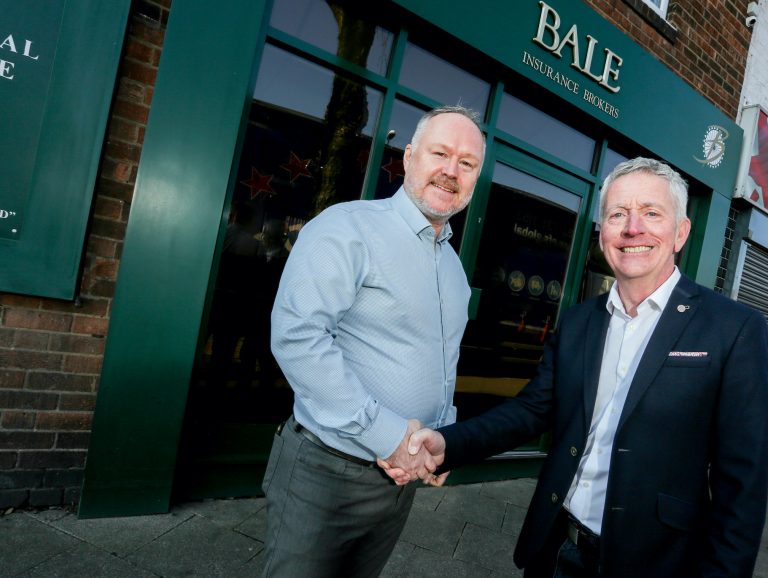
Leicester has placed as the highest ranked East Midlands city in the the Demos-PwC Good Growth for Cities Index, which ranks 50 of the UK’s largest towns and cities (plus the London boroughs as a whole), based on people’s assessment of 12 key economic wellbeing factors.
It achieved a ranking of 14th out of 50 and is followed by Derby (ranked 23rd), Nottingham (ranked 34th) and Lincoln (ranked 35th).
The index uses a series of indicators including safety, income distribution, income, health, work-life balance, environment, transport, jobs, high street & shops, housing, skills and new businesses.
Each indicator is weighted relative to how important it is considered by the 1,000 people surveyed as part of the study. In comparison to last year’s report, the importance given to these indicators by the members of the public who have been polled has shifted considerably.
Jobs and skills, two of the most important variables last year, see significant decreases in their importance in the updated Index. In contrast, the environment and income distribution have seen significant increases. For the first time, two new indicators – safety and high street and shops – have been added to the index.
The index found that Leicester ranked above average for work-life balance, income distribution and safety, and was around average for indicators including jobs, health, new business, house prices to earnings, homeowner occupation rate, transport and environment.
The average annual economic growth rate as measured by Gross Value Added (GVA) on cities in the Midlands region is 6.9% in 2021 – below the UK average rate of 7.3% in 2021. Data shows that across the East Midlands, manufacturing, wholesale & retail, and real estate make up the highest proportions of cities’ economies.
For example, 23.8% of Derby’s economy is attributed to the manufacturing sector, which is among the highest in the country. Research indicates that this partly drove lower than average estimated growth rates in 2021, as manufacturing, like many other sectors, faced challenges through the pandemic such as supply chain and logistical issues and reduced workforce capacities.
Elsewhere in the region, manufacturing makes up 16.1% of Leicester’s overall economy, 14.8% in Lincoln and 12.2% in Nottingham. Wholesale and retail comprises 12.4% in Derby, 11.4% in Leicester, 12.7% in Lincoln and 13.2% in Nottingham. Finally, real estate accounts for 11% in Derby, 11.9% in Leicester, 12.2% in Lincoln and 11.2% in Nottingham.
Ali Breadon, senior partner for PwC in the East Midlands, said: “We’re emerging from the pandemic with a new set of priorities, largely focused around fairness, the environment and work-life balance. In concert with the vision set out in the Levelling Up White Paper, local government, employers and leaders all have a part to play in providing opportunities for people to grow their businesses, careers, and skills in cities, towns, and communities right across the East Midlands.
“We see a clear theme across Midlands cities of manufacturing, retail and real estate accounting for larger sections of our regional economies. As the research suggests, this contributes to a slightly below average overall rate of economic growth in the region. That in itself presents both challenges and opportunities for the local business community with the identification of growth opportunities.”
How the Midlands fares on priorities for good growth
As a whole, cities in the Midlands performed well on safety, where six out of eleven cities (Derby, Leicester, Milton Keynes, Nottingham, Stoke-on-Trent, and Wolverhampton & Walsall) scored above average. Transport sees four cities (Derby, Lincoln, Northampton and Peterborough) score above the national average. Four cities (Leicester, Lincoln, Peterborough, and Wolverhampton & Walsall) scored above the index average on the income distribution indicator, with the other cities at around average.
However, this positive performance is also coupled with lower scores in jobs, with five cities (Birmingham, Northampton, Nottingham, Peterborough, and Wolverhampton & Walsall) coming below the national average.












